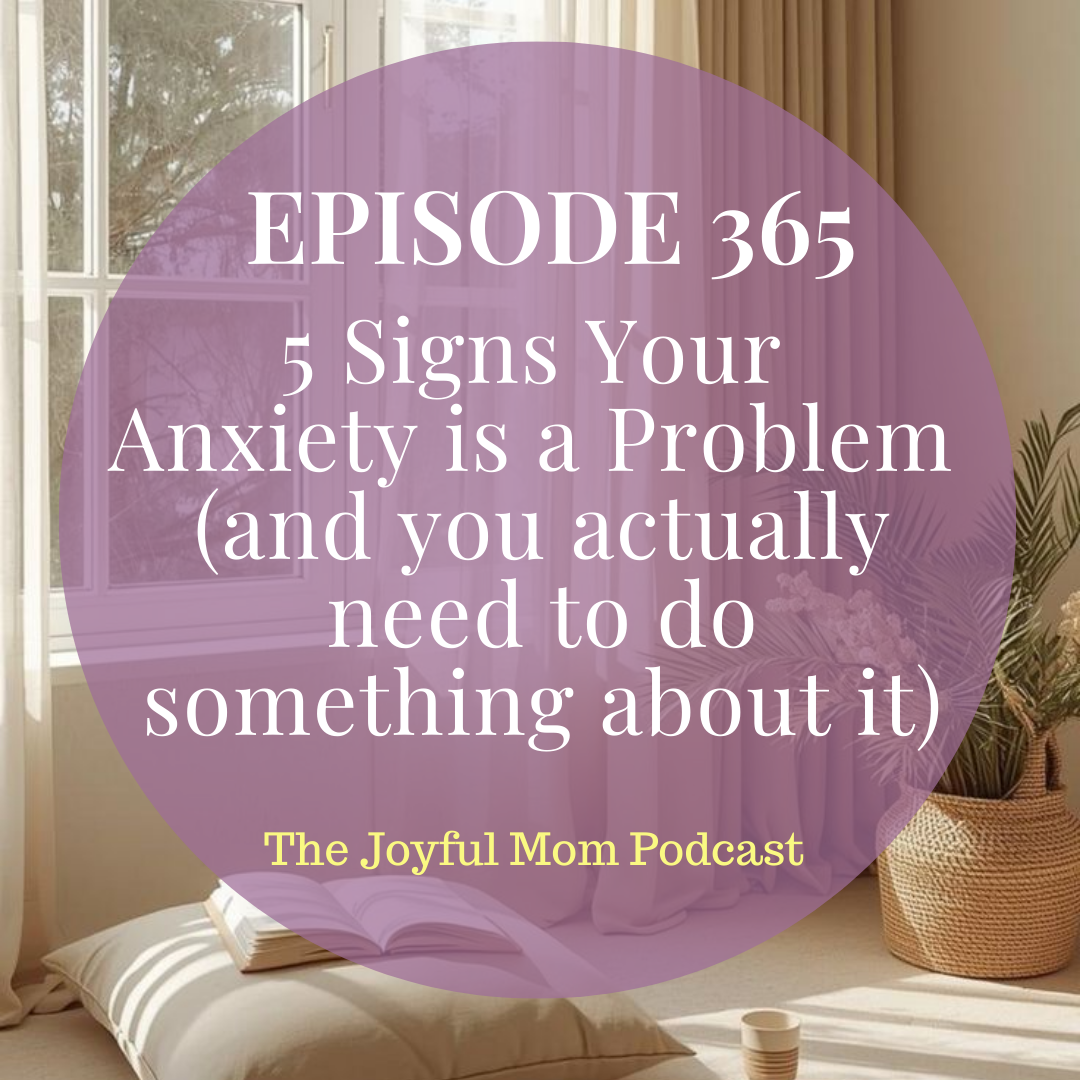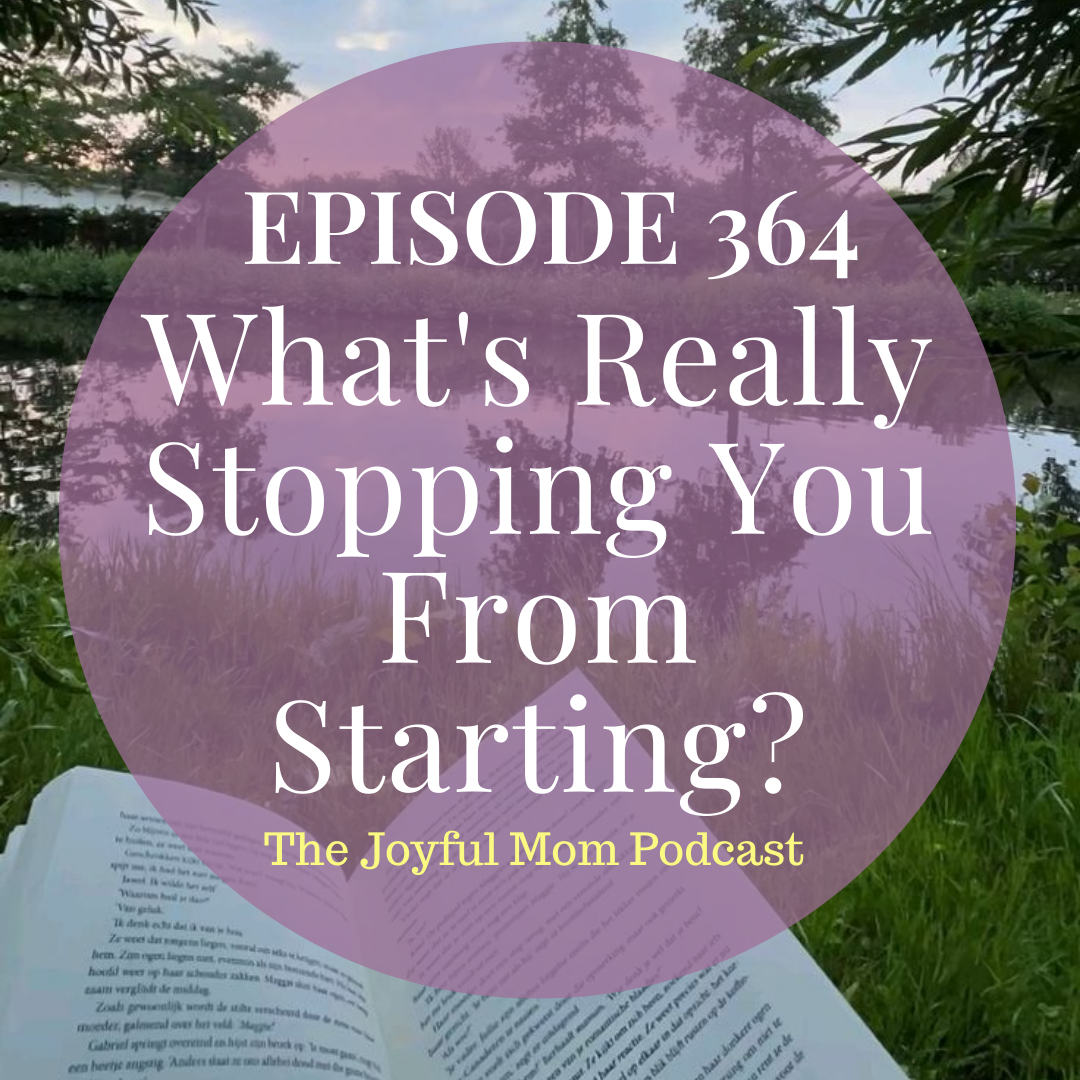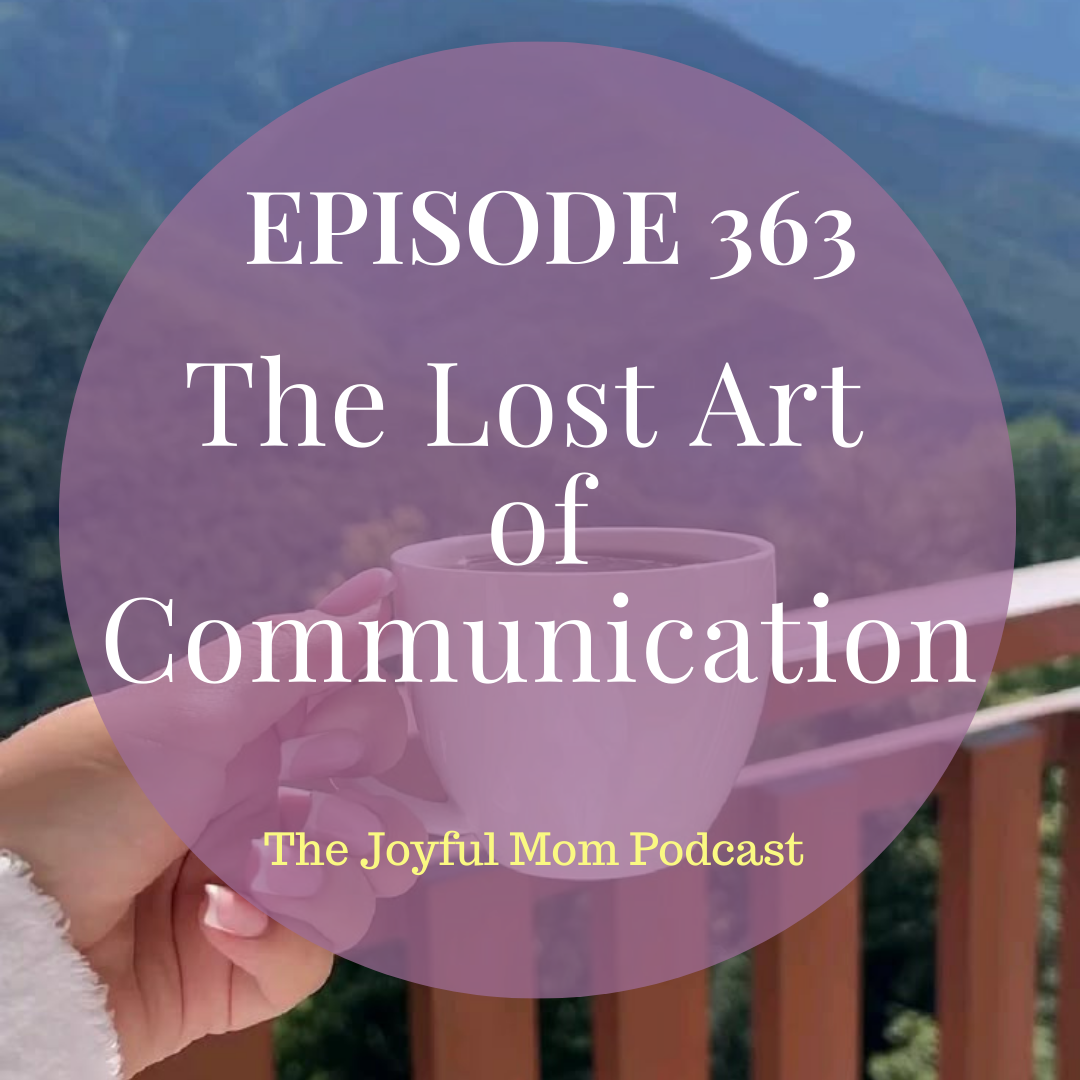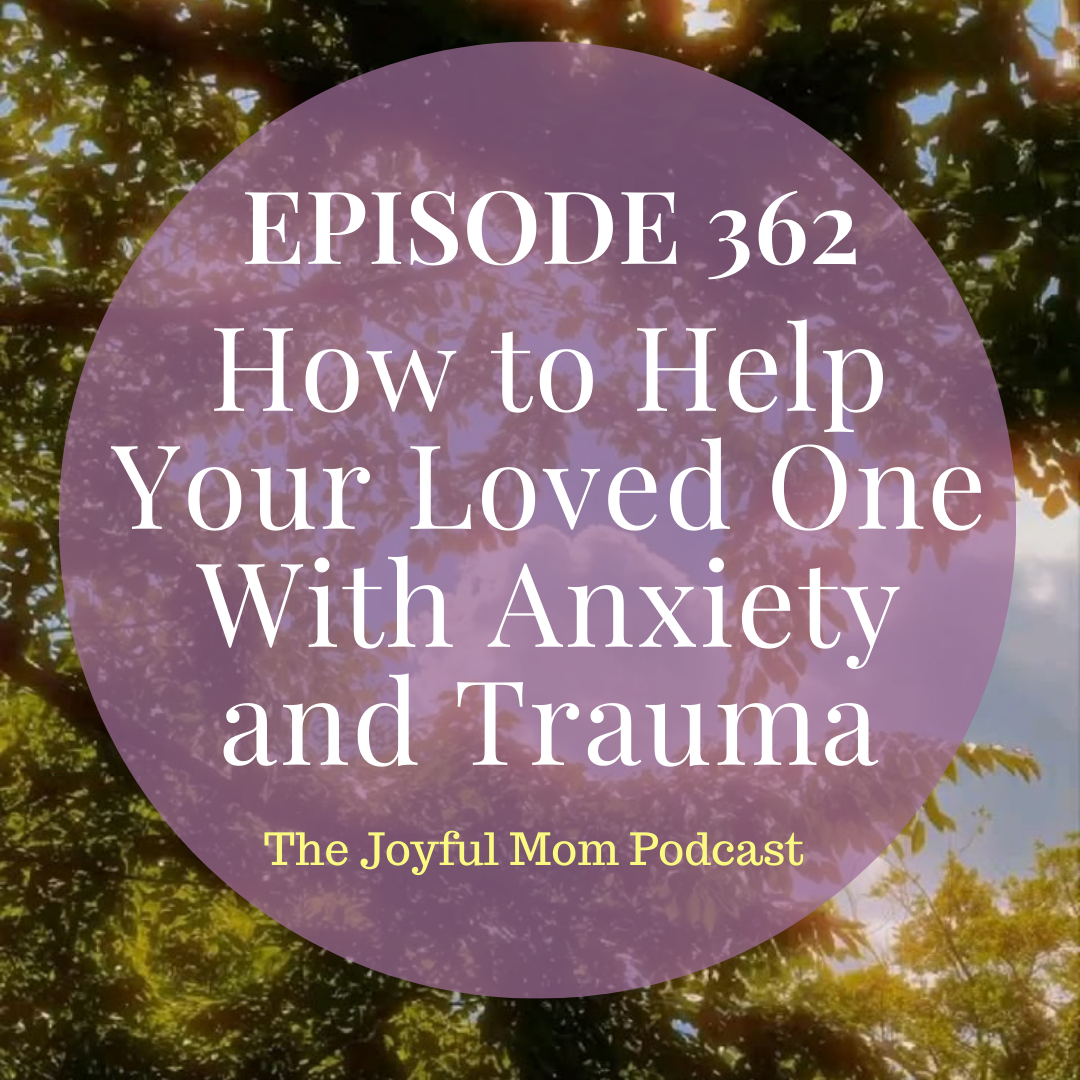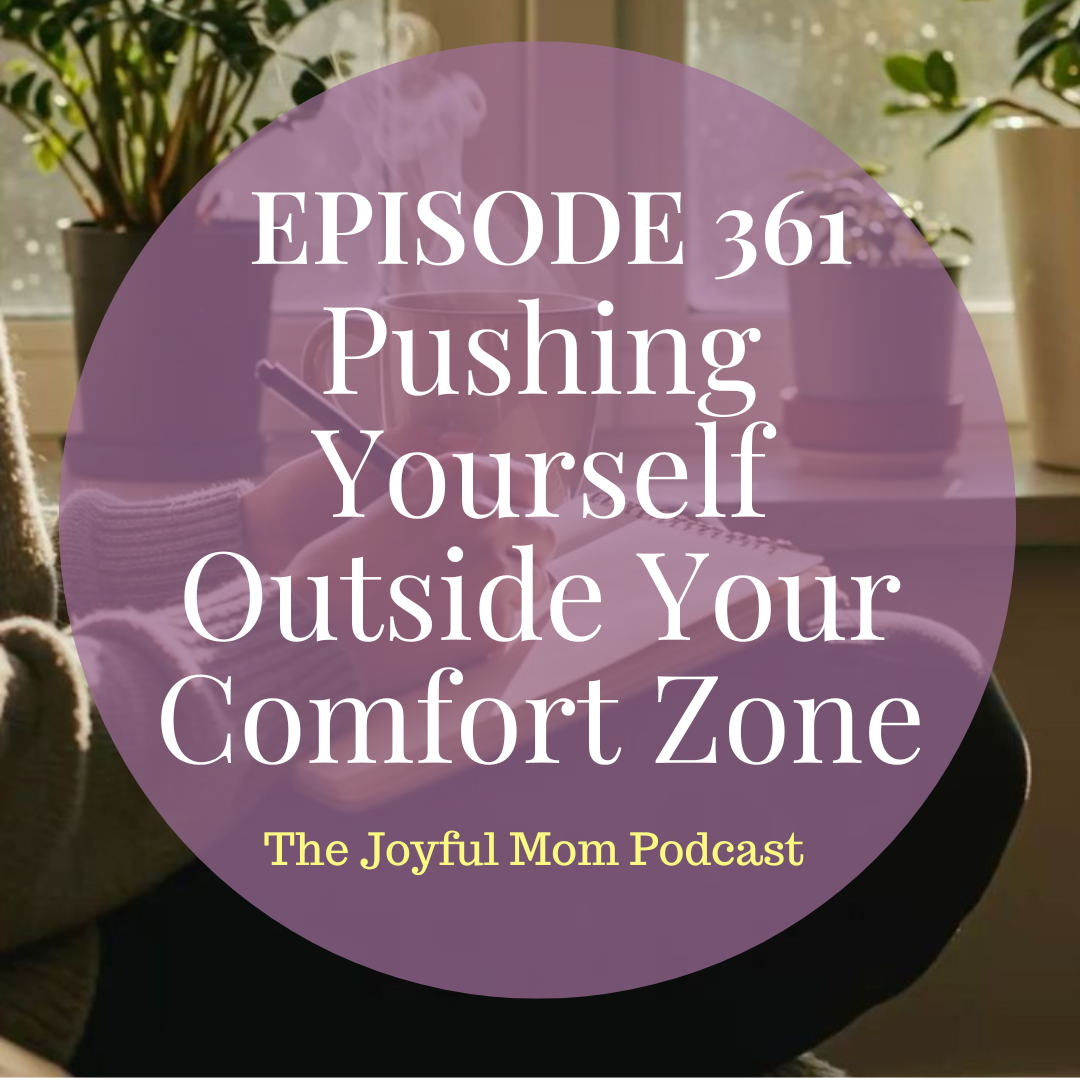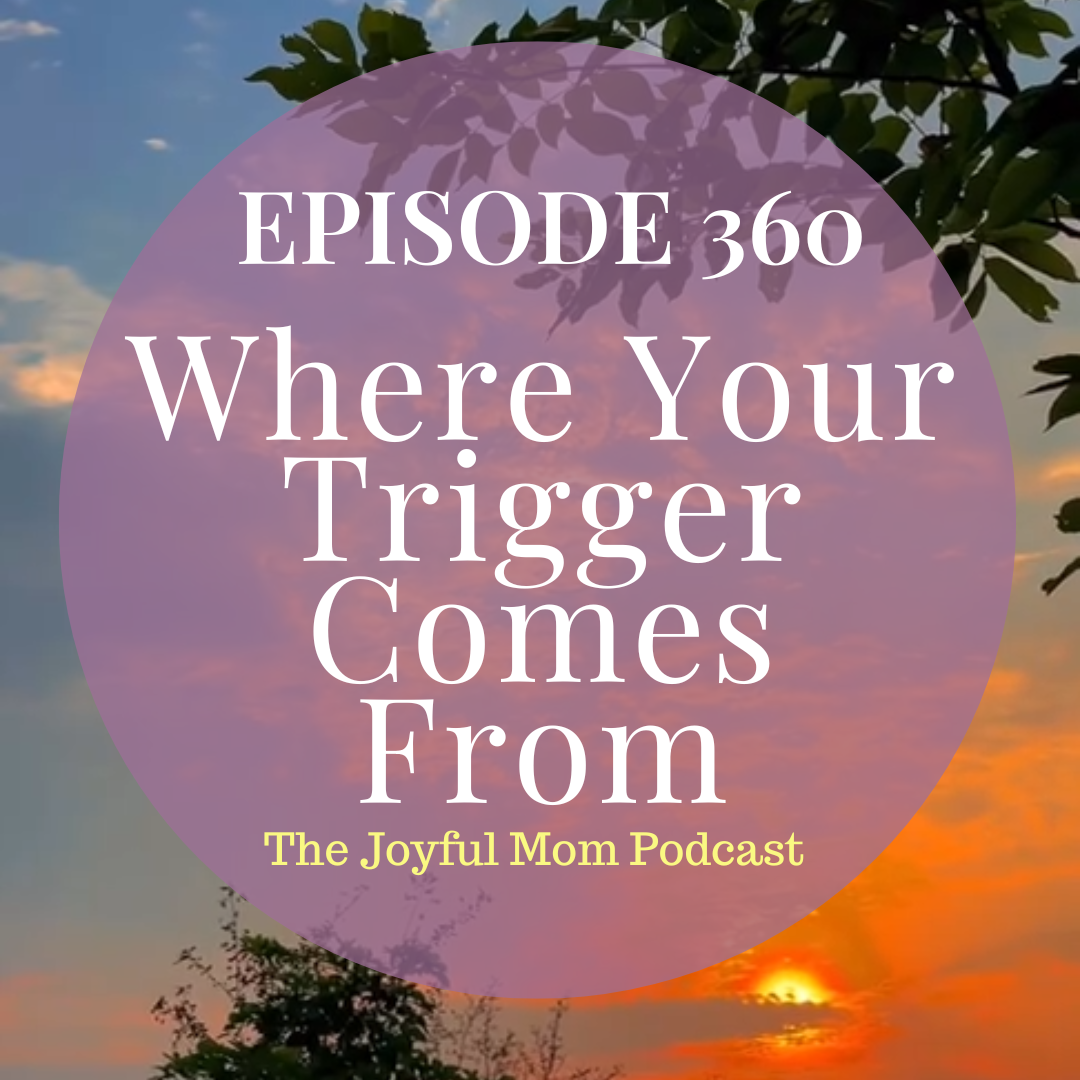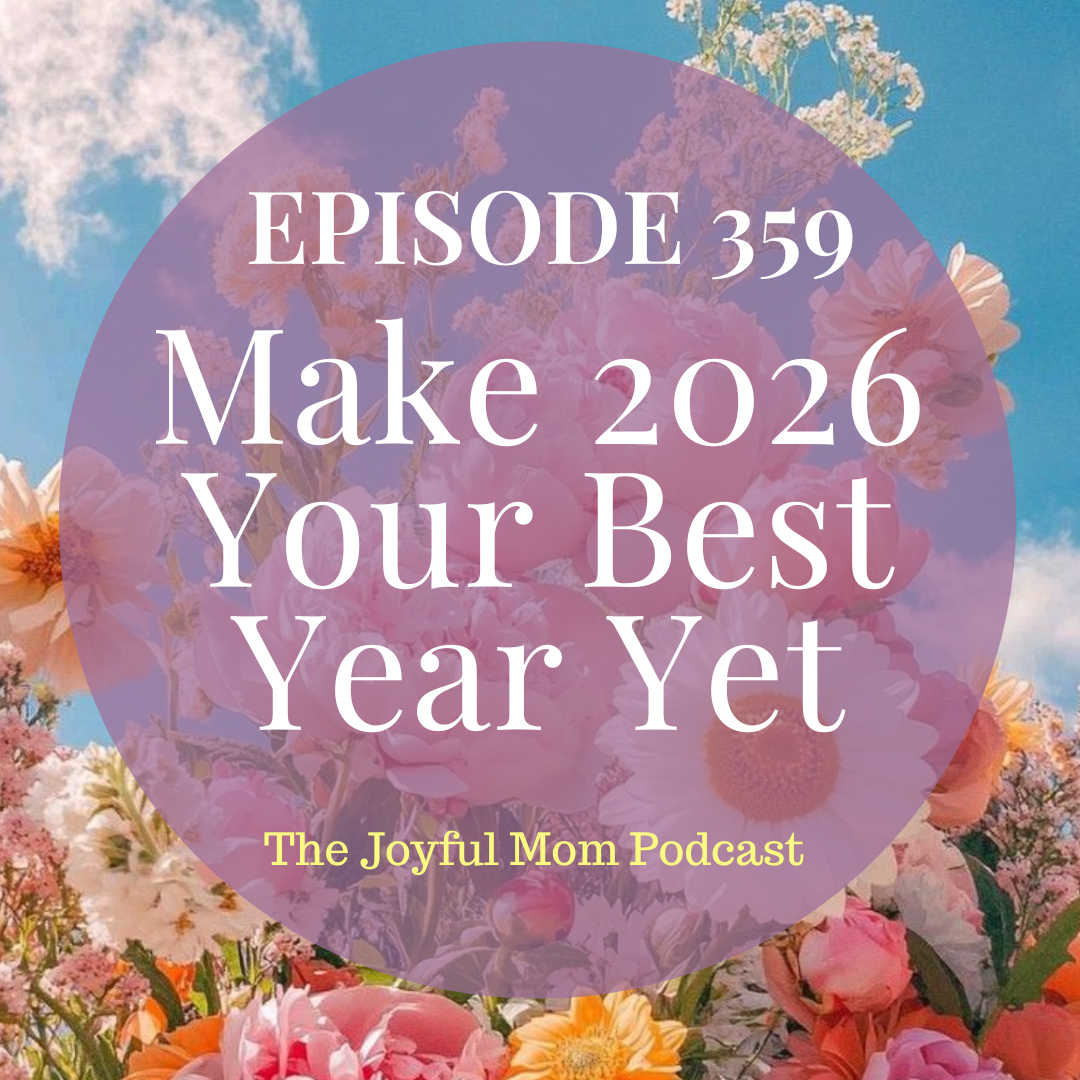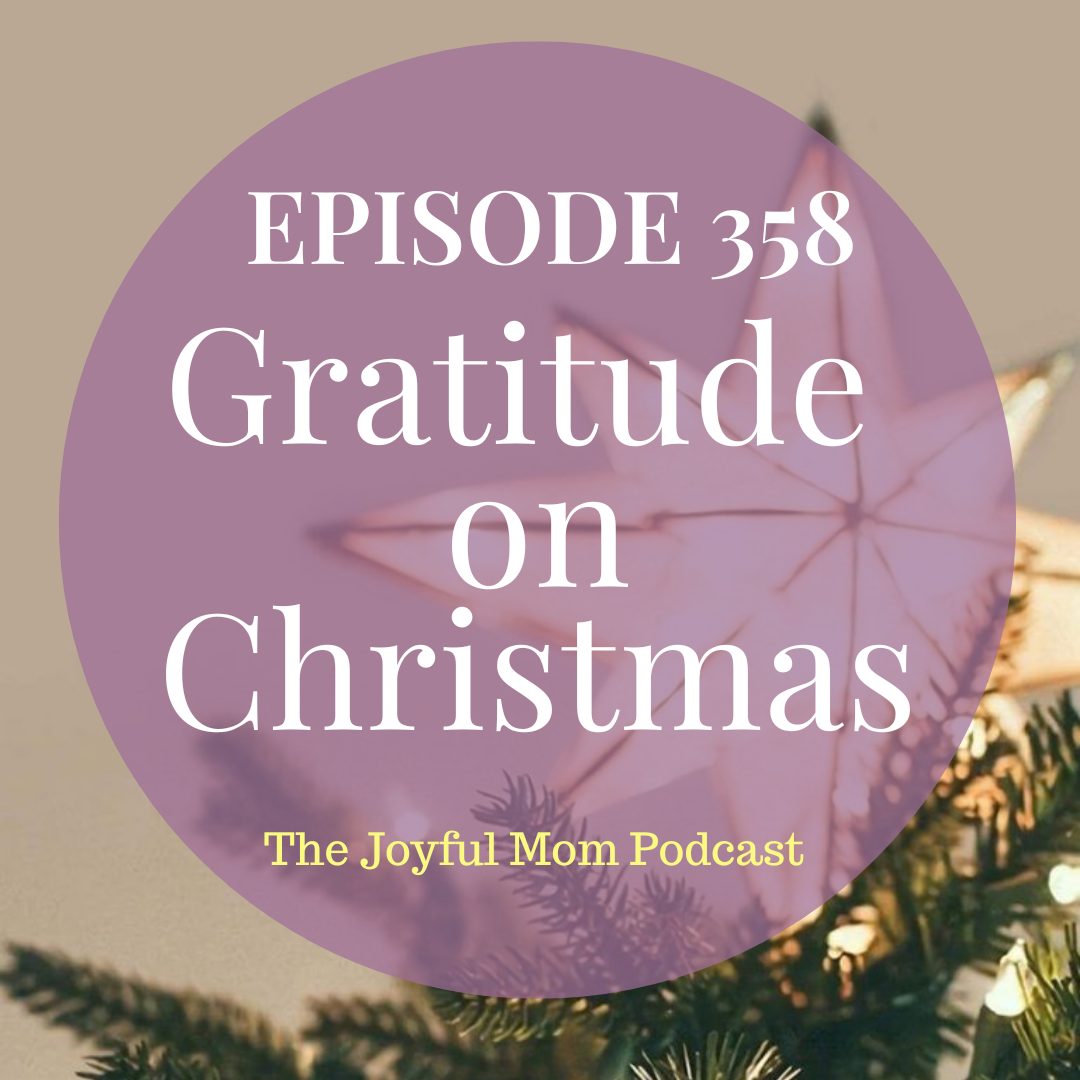277: Boundaries
I’ve been having this idea of this episode bouncing around in my mind for some time now. And sometimes ideas for episodes have to percolate in my mind for a while before I can try to communicate them here with you. Because the idea is just a feeling or a simple thought in my mind, and then trying to communicate that with you so you get it and understand it easily is something I have to ponder.
That’s actually one of the most difficult things for me with podcasting and sharing ideas—to fully communicate them with you. And I actually don’t know if I am doing this well or not, but I’m going to keep trying and keep learning.
Anyway, before I dive in, I wanted to share a client's experience with RRT and sessions with me. They can get kind of long, so I’m breaking them up into chunks, and I will keep sharing these episodes. Hopefully, these aren’t annoying for you, but ways for you to hear what’s possible for you and that there’s something out there that could make a difference for you.
So here’s what she has to say:
“The reason I did an RRT session was for anxiety/not being able to sleep, having negative thoughts about myself, and feelings of shame and dread, which showed up every time I needed or wanted to do something in relation to other people and outside my very small comfort zone. Feeling isolated and very vulnerable and not sure how to be able to work again and how to be able to interact and connect with new people and people in my life, I struggled with feelings of meaninglessness and insignificance, just wanting to isolate myself.
Shortly after my session with Megan, I had a meeting regarding my job situation, and I didn’t feel any anxiety! I was able to sleep in the days leading up to the meeting. I also didn’t feel as vulnerable but was more confident in myself and in being able to protect myself and my boundaries. This felt so uplifting to me and has given me hope for being able to enter the workplace again.”
Today I want to talk about boundaries and how they actually should be used very rarely, and often they are used in a way that’s not beneficial to anyone but destroys relationships instead.
I just saw an IG reel where this person was talking about protecting their peace this holiday season. They are setting hard boundaries and not doing anything that will break their peace.
I could share a million ways I see this; here I will share a few more examples. Facebook groups are actually notorious for this type of thing. At least as far as I have seen. Things like, Oh, your mother-in-law doesn’t come to your house to see your kids. Set a boundary and just block her out of your life. Oh, your friend has never texted you, set a boundary, or just blocked them from your life. Your husband doesn’t pick up after himself; oh, divorce him. You feel uncomfortable.
I get this too; sometimes you just have to because you don’t have the capacity to do anything else. I know boundaries are all the rage, and it’s one of the immediate emotional reactions to emotional discomfort. If I’m uncomfortable, then that means I have to set a boundary with this person immediately, or discontinue the relationship, or something to that effect.
Do you think that everyone who sets a boundary is setting it from a grounded and clear perspective?
Here are some thoughts I have about this, and I want to share a story first.
I was just working with a mother who was having an issue with a family member. She was just wondering if she needed to set a boundary with this family member because it was causing her so much pain in her life. And so she was setting the boundary because she thought if she set this boundary, then she would feel better and wouldn’t have to deal with the pain.
And so, when I work with people, I don’t tell them, Yes, set the boundary, or don’t set the boundary; what I do is help them clear all the emotion and stuckness that’s keeping them from seeing the situation clearly so that then they can decide how they want to move forward.
But afterward, when she saw this situation clearly, I’m not sure if she was going to set a boundary or just change the way she showed up in the relationship, but when we were done, she could make that decision more clearly from a place of, this has happened multiple times, and do I want to have this thing keep happening to me, and from a clear place, not a hurt place, she can decide, yes, I don’t mind, I know how to deal with it, or no, I’d rather put my energy and time elsewhere.
But she’s not making this decision because of the hurt. She’s making it from a place that’s not spiteful, not trying to stop emotional pain on her end, or setting any boundaries with emotion, just deciding what the best next step is for her.
Does that make sense?
A lot of times, I feel intense energy when I see people setting boundaries because often it’s made from emotion. It’s made by this person, who makes me feel this way. I need to set this boundary so I can feel better. And often, when talking to one person about this boundary, the other person they are setting the boundary with is the bad person. They are the person who doesn’t know how to listen or to do things the way you want them to; they are the narcissist, the evil person.
What if this person is just a human trying to do life just like you are? This person is also trying to navigate a relationship with you, and they are seeing it from their own perspective and lens. And I completely understand that there are times when you need to do something different than you’ve done before.
But I would highly recommend only setting a boundary when the emotion is gone. If there’s intense emotion, it’s causing you to not see anything clearly; it’s like having on the foggy glasses that I’ve talked about before.
So, for instance, this mom I worked with thought she had to set a boundary to protect herself. But as we worked together, she realized that the emotion she was feeling actually completely disappeared, and she had more compassion for this person, so she didn’t need to feel any of the horrible pain. She could then make decisions out of compassion and decide what the next best steps would be for her.
In real life, relationships are a lot of work. And often, we see things through our own lens and perspective. And having difficult conversations is part of being in a relationship. Being in a relationship with someone else isn't all about whether it’s my way or the highway. Of course, it’s good to do things that are good for you, but how can you do things that are good for both of you? Can you get creative, open up conversations, ask the hard questions, and be curious and interested in their point of view?
And this can be very challenging to do when there’s intense emotion surrounding it. So if you haven’t been able to do this in the past, there’s nothing wrong with you; it’s just that this emotion makes it almost impossible to see clearly, to stay calm, and not get wrapped up in the situation.
So, all this to say, remember, the human on the other side of the boundary is a human too, who’s trying to have a relationship with you. They may not be doing it well, but maybe neither are you. This is not focused on abusive relationships, so don’t get me wrong in that way.
They are humans, and they are doing the best they can at the moment, and so are you. And so, how can you have a conversation? And maybe the work is within yourself to clear emotion and stuckness so you can see the situation more clearly as it is, rather than clouded by emotion.
Here’s the beauty of clearing up emotion first. Sometimes, when you clear up your emotions, you might realize that there’s no boundary that needs to be set. So, for instance, if this person’s behavior is causing you feelings of frustration and you think you need to block this person from your life so you don’t feel frustrated (not only will this not work, it’s a symptom of things that will transfer to another person or relationship), the thing is, what if you cleared up the frustration, which frankly isn’t fun to feel anyways, and nobody wants to feel frustrated even if it feels justified, or like there’s no other way, it’s not fun? But if the frustration were gone, you might realize something about this person, and suddenly, you don’t need the boundary, and you can have an even better relationship with them than before. So sometimes boundaries cut off relationships needlessly and just hurt people because of the emotion that’s there. But if, like in this example, the frustration is gone, then there might be no need for a boundary.
Of course, the best way to clear this emotion and be able to see clearly, I believe, is RRT, but use whatever method feels best for you.
Just do this work to clear the emotion first, and then set the boundary, and then see how easy the boundary is to set, how easy it is to have it, and how it doesn’t matter if they violate that boundary, because you just do what you were going to do if they did. It’s fine. The energy is clear. It’s not forced, done in anger, or hurt. It’s just what it is, because you no longer want that kind of behavior in your life after clearly communicating with them, and they want to continue doing it the way they have.
So, clear emotion, communicate, and then, if those don’t work, maybe set a boundary. What do you think? Is this different than anything you’ve seen online or anywhere else? I feel like it is. Again, most people say if it’s painful, set a boundary. If it’s painful, clear the pain, and then see if the boundary still needs to be set.
Have you felt anxiety after your child died?
The racing mind, unable to sleep, waiting for the next bad thing to happen, unable to breathe, panicky kind of anxiety, whole body riddled with anxiety?
Watch my free video on anxiety and grief below!
So that you can think clearly, feel calm in your body, and live your life without the chains of anxiety.

